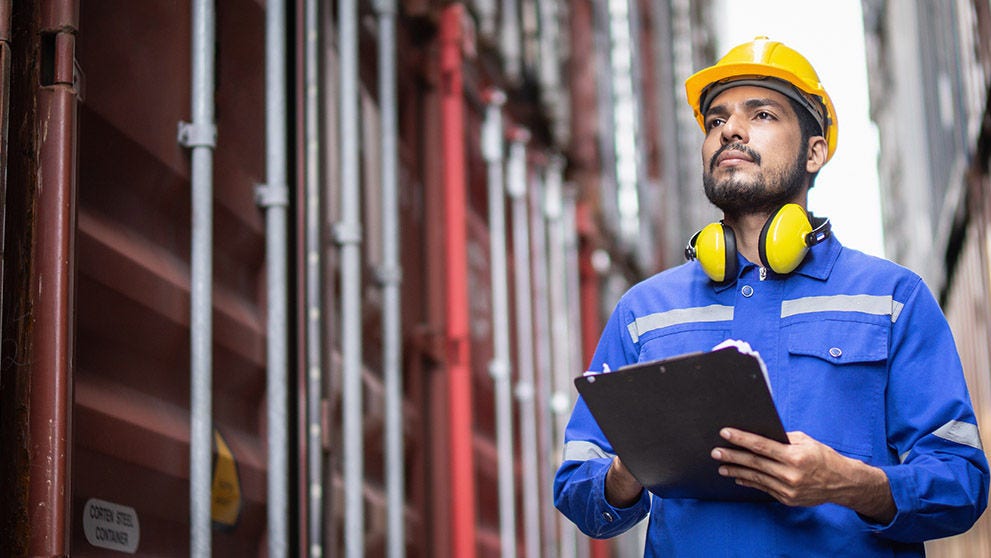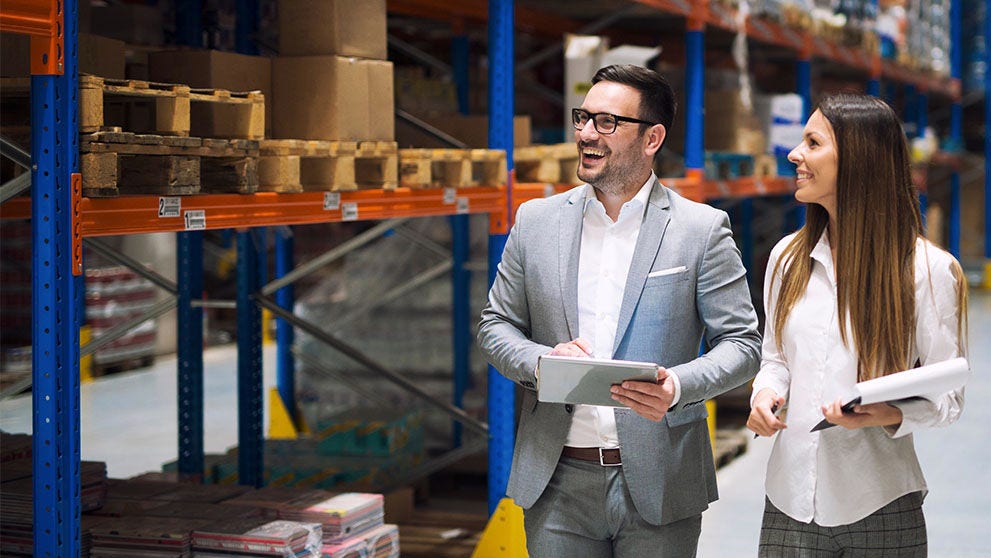
The world of international shipping relies on a complex system of regulations and procedures to keep trade flowing smoothly. One crucial aspect of this is customs clearance – the process of ensuring goods entering a country comply with local laws and fulfill import requirements like duties and taxes.
Delays in this process can create significant hurdles for businesses, translating into unhappy customers and lost revenue. Let's explore what customs clearance is and ways to make it as efficient as possible.
1. Check the destination country’s customs clearance and regulations
For businesses in the Philippines engaging in international trade, understanding the customs regulations of the destination country is crucial to avoid clearance delays. This involves researching the specific import/export laws, tariffs, and documentation requirements of the importing nation. Resources such as the destination country's customs authority website or consulting with trade experts can provide valuable insights.
Equally important is familiarizing oneself with the classification of goods as strategic, prohibited, or restricted in the destination country. Strategic goods often require special permits or licenses due to their sensitive nature, such as military or dual-use items. Prohibited goods are outright banned from import or export, while restricted goods may be imported or exported only under specific conditions or with special authorization.
Additionally, businesses must determine whether an import license is required for their products. Certain goods necessitate an import license or clearance from relevant authorities before they can be legally imported. For example, in the Philippines, the Bureau of Plant Industry (BPI) issues import clearances for plant products, while the Bureau of Animal Industry (BAI) handles those for animal products.1
2. Prepare all necessary documentation
Customs authorities worldwide require specific and detailed documentation to ensure your goods are cleared for entry. Some of the most common documents include:
Certificate of origin: Indicates the country where the goods were manufactured.
Commercial invoice: Details the value of the goods, shipment details, and parties involved in the transaction.
Bill of lading/Air waybill: Serves as a transportation contract and a receipt for the goods.
Packing list: Itemizes the contents of your shipment.
Required licenses or permits: Certain goods may require specific licenses or permits for importation and clearance. Ensure you obtain these based on the nature of your shipment and customs regulations for your destination country.
Tips for accurate documentation:
Double and triple-check: Verify all information for accuracy, avoiding discrepancies that could cause delays.
Utilize online resources: Many countries offer online resources stating their specific import documentation requirements in full detail. Research these for clarity and adherence to the latest standards.
Proper documentation is key to smooth customs clearance, as incomplete or incorrect paperwork is one of the most common causes of delays—often triggering a "clearance event" where packages can get stuck at customs. That’s why partnering with DHL Express can make a difference. Our team provides customs support, from advising on required documents to answering any queries you may have throughout the process.
Open a business account with DHL Express
3. Declare the actual value of goods
Under-declaring or over-declaring the value of your goods can have serious consequences:
Under-declaration: May lead to additional taxes, fines, and clearance delays as customs authorities reassess the value.
Over-declaration: Could result in overpaying taxes, duties, and other fees.
Honesty and accuracy are paramount in avoiding potentially serious customs-related issues while not over-0.
4. Provide accurate and complete details
Clear, precise and complete details on shipping labels and documents streamline the customs clearance process during export and import.
Consignee details: Ensure the recipient's full name, address, and contact information are correct.
Item descriptions: Be specific. Instead of "apparel", use detailed descriptions like "women's cotton t-shirts" or "men's leather belts."
Honesty and accuracy are paramount in avoiding potentially serious customs-related issues.
5. Refrain from shipping counterfeit and pirated goods
The shipment of counterfeit and pirated goods is illegal and violates intellectual property rights. Consequences include:
Significant delays: Items may be held while authorities investigate their authenticity.
Seizure of goods: Counterfeit products may be confiscated and destroyed.
Legal penalties: Fines and even prosecution are possible outcomes.
Protect your business's reputation and avoid legal trouble by ensuring you ship only legitimate goods.
Partner with DHL Express for faster customs clearance

DHL Express helps businesses in the Philippines navigate customs smoothly and efficiently by offering expert guidance on local and international regulations. With deep knowledge of customs requirements and real-time support, we ensure that all necessary documents are complete and compliant, reducing the risk of delays due to shipments being held at customs. Our strong global network and streamlined clearance processes also mean faster delivery times, allowing Philippine businesses to stay competitive in international markets.
Partner with DHL Express today to move your shipments across borders with confidence and speed.




















